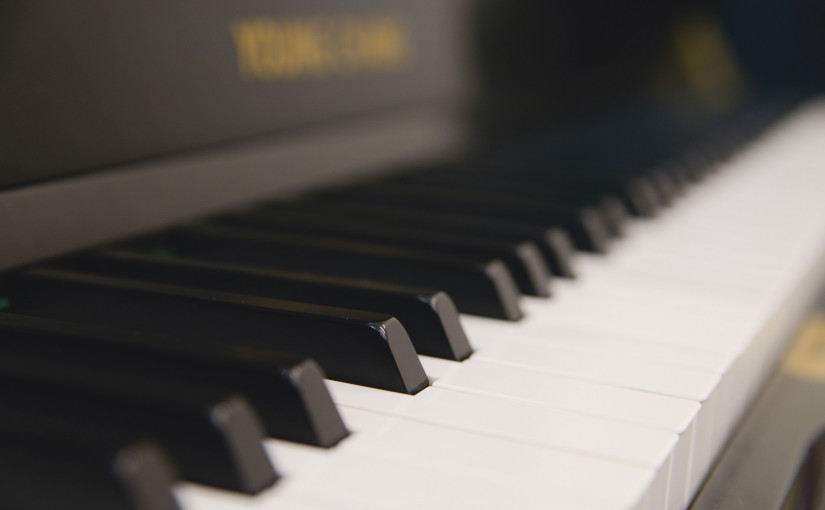Do Music Therapists Play Instruments?
Many people wonder whether music therapists play instruments. Yes, we most definitely do.
If you have never seen or heard much about music therapy, you may wonder what it involves, and if a Music Therapist simply pushes “play” on a CD player to help their client relax and calls it therapy.
It is much, much more than that.
Music Therapists must be skilled and proficient on several instruments in order to effectively provide music therapy services. In fact, all music therapists must be proficient on piano, voice, and guitar in order to even begin their 4 year Bachelor training program. Then, during that training program, they take additional lessons on each of those instruments in order to enhance their skills and ensure high quality musicianship.
Music therapists must be able to sing, play piano, and play guitar because those instruments are so useful, universal, and powerful in therapy.
Voice
A music therapist must have a pleasant singing voice, otherwise any singing done in therapy will be more distracting than therapeutic. It is safe to say that music therapists sing in just about every session in some form or another, and it needs to sound good!
The voice is such a powerful tool. It expresses and conveys real emotion, connects us to others in a deep way, and allows us to communicate words or simple sounds in a melodic way that is very different from talking.
And so, a music therapist must be able to sing.
Piano
A music therapist also needs to be a skilled pianist. This does not just include being able to read music for pre-composed classical pieces, although that is a great starting point. A music therapist also needs to improvise new music on the piano and create music that supports their clients’ emotion and experience.
This means the ability to let go of the sheet music and have the skills and patterns at your fingertips to play music from the heart–and not just any music, but music that supports the client’s unique experience and needs.
Sometimes the music therapist will play music with the client and must follow the needs of that individual through music, which requires strong improvisational skills.
Other times the music therapist will play for the client to support relaxation, express various emotions, or to teach, which requires a strong repertoire and more improvisational skill.
These strong skills on the keyboard will help the therapist provide therapy based on the needs of the client, not the notes on a page.
Guitar
Music Therapists are also skilled guitarists. The guitar is a beautiful, convenient, and mobile instrument, and in my experience tends to be used much more often than piano if the therapist is physically moving from one session to another. It is very expressive and can provide a strong basis for therapy.
As with piano, guitar skills do not simply mean that the therapist can whip out any riff from a popular song, or play whatever they hear on the radio. Rather it is the application of those musical skills to a therapy setting where the music is used to support the client. The music must not be stagnant, but rather change to meet the needs of the client, and it takes a great deal of improvisational skill on the guitar to provide that flexibility.
Other Instruments
Other instruments that music therapists may learn to play in order to maximize therapy include:
- Ukulele
- Hand drums and other percussion
- Orff Instruments (xylophone, glockenspiel ,etc.)
- Dulcimer
- Autoharp
- Flutes
- String instruments
So do Music Therapists play instruments? They most assuredly do.
And they use instruments to help clients make progress in significant ways.

